Wearing a mask
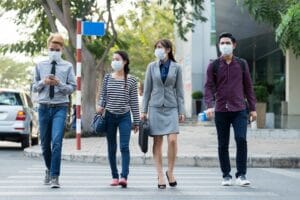
Wearing a mask might not be particularly helpful, but it is still better than nothing. There is no proof that face masks can effectively protect from viral infections, but they can in some instances catch germs before they enter your mouth or nose. Even more importantly, they prevent people from touching their mouth or nose with their hands.
Wash your hands
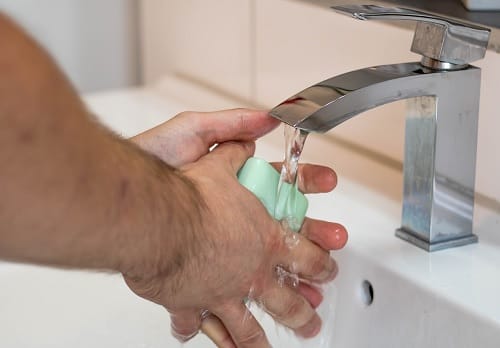
Washing hands is probably the most important thing you can do to protect yourself from viruses. WHO recommends an alcohol-based disinfectant for hand washing, however simple water and soap will also remove more than 90 percent of all germs on your hands. Just make sure you wash your hands thoroughly, especially between the fingers and for at least 20 seconds.
When coughing and sneezing
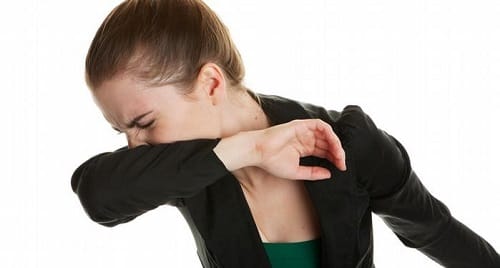
When coughing and sneezing always raise your elbow and cover your mouth and nose. If you have a tissue or a paper on you, you can use it but remember to throw it away afterward and wash your hands.
Avoid close contact
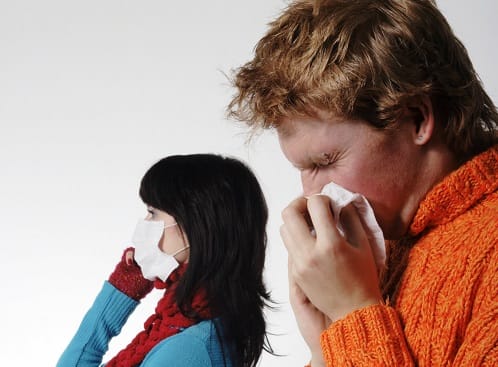
Obviously try avoiding close contact with people suffering from fever and cough. If you need to get in touch with sick people, take every precaution.
You have a fever? Go to the doctor, not on a trip!
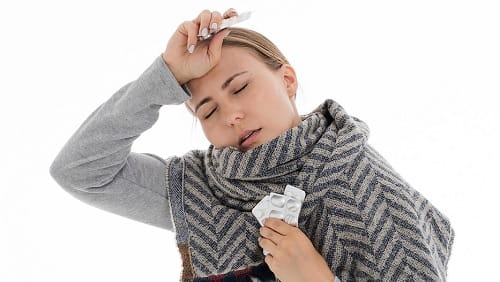
If you have fever and a cough, seek medical attention as soon as you can. Avoid public places so as not to infect others. If you have traveled abroad recently, make sure to tell your doctor. Make sure you get tested right away if you have any COVID-19 symptoms. An in-home COVID-19 testing service like Drip Hydration brings your appointment to your home with prompt results.
Stay away from live animals
If you are visiting or living in China, make sure to avoid visiting livestock and green markets, especially in areas where there are currently cases of the new coronavirus. It is also probably smart to avoid direct unprotected contact with any animals in these areas. This also includes any surfaces that come in contact with animals.
Well heat-treated cooking
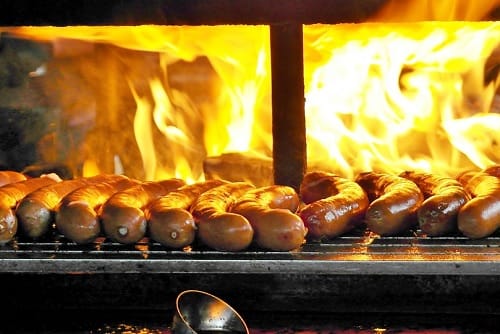
Cook, roast or fry meat thoroughly. Avoid consuming raw or insufficiently heat-treated animal products. Raw meat, milk or animal organs from the areas affected by the coronavirus could all potential carry the virus.

